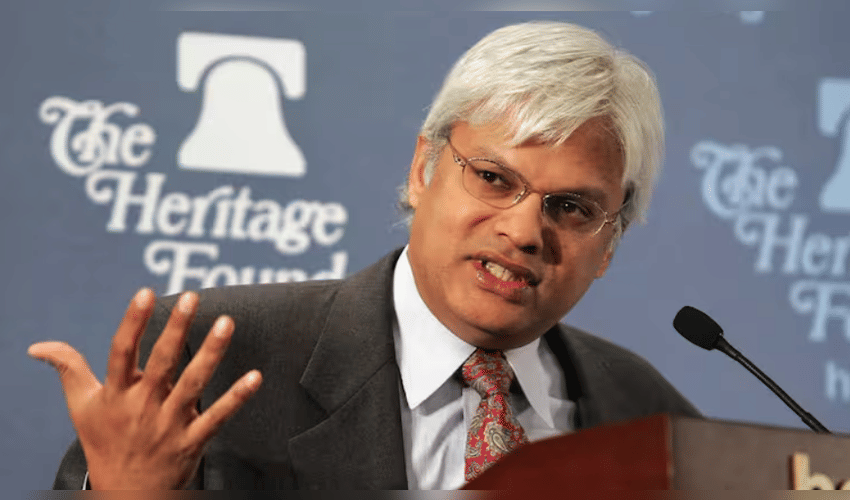News
Indian-American Scholar Ashley Tellis Denies China Espionage Link, Granted Pre-Trial Release

A US court has granted pre-trial release to Ashley Tellis, a prominent Indian-American scholar accused of unlawfully retaining classified national defense documents in an espionage case. Tellis, who is 64 years old and a well-known expert on Indian and South Asian affairs, was arrested after the FBI discovered over 1,000 pages of top-secret material stored in his home office in Vienna, Virginia. Despite facing charges that could lead to up to 10 years in prison, his defense team insists that Tellis's actions were without malicious intent and that the allegations of espionage are far from the truth.
Tellis's lawyers argue that the case represents a prosecutorial overreach fueled by heightened US-China tensions rather than any genuine security threat. They maintain that Tellis's retention of classified documents was unintentional, a byproduct of his intense advisory role and scholarly curiosity, not espionage. Further, his interactions with Chinese officials, which raised suspicions, were transparent and lawful, typical for an expert engaged in foreign policy and diplomatic circles. Notably, his team dismissed allegations revolving around a "red gift bag" exchanged with Chinese diplomats as an innocuous gesture involving tea—a common diplomatic courtesy.
During a recent court hearing, Tellis’s defense emphasized his cooperation with investigators, highlighting his longstanding dedication to American national security. The court approved his release under strict conditions, including home confinement, electronic monitoring, limited internet access, and surrender of his passport. His wife co-signed a $1.5 million bond secured by their residence. The upcoming preliminary hearing is scheduled for early November 2025.
Tellis’s arrest has sent ripples through both Washington and the international policy community, given his influential role in shaping US-India relations and his experience as a senior adviser to the US State Department since 2001. Many experts view this case as a cautionary tale of how routine diplomatic interactions can be misinterpreted amid the intense geopolitical rivalry between the US and China. The defense vows to fight the charges vigorously, maintaining that transparency and trust have always been central to Tellis’s professional conduct.
This case underscores the delicate balance scholars and advisors must maintain when navigating classified information and international diplomacy, especially in an era marked by suspicion and heightened counterintelligence activity. It also highlights the importance of distinguishing between genuine espionage and inadvertent errors or misunderstandings in handling sensitive material.



